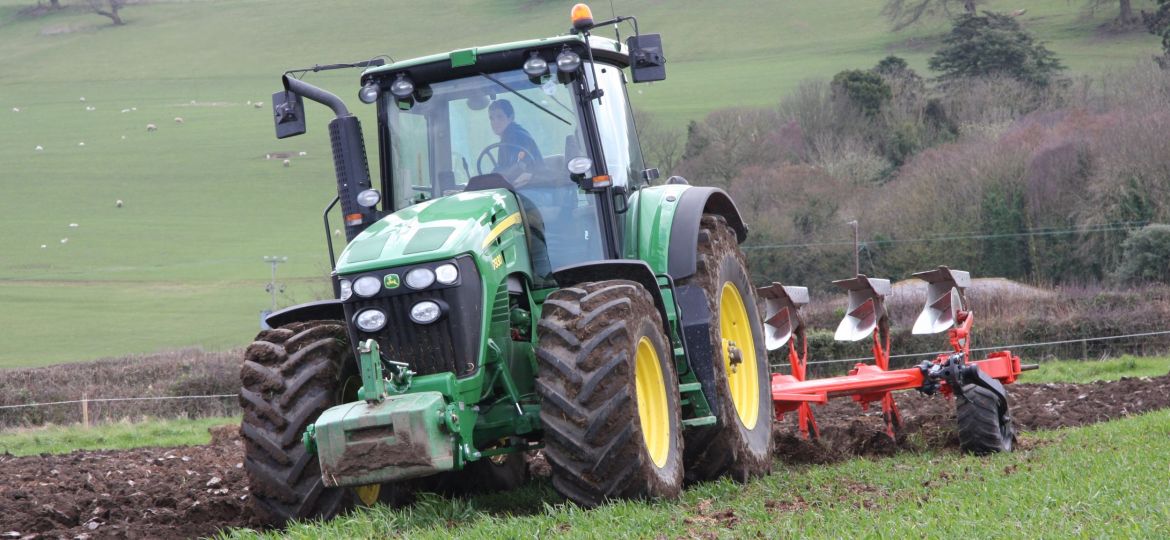
In an era of global interconnectedness, ensuring the ability to feed its population has become imperative for any nation. The United Kingdom, with its rich history of agriculture and food production, stands at a crossroads where the protection and support of its farms and food production have never been more crucial. The dynamic nature of the international food market, coupled with the potential risks of conflict and war, underscores the necessity of robust domestic food production. In this context, the government’s intervention becomes vital to secure Britain’s food sovereignty and the well-being of its citizens.
One of the most pressing concerns is the vulnerability to international fluctuations in food prices. Relying heavily on food imports exposes the nation to unpredictable price swings, impacting the purchasing power of its citizens and threatening their access to affordable and nutritious food. The ability to produce a substantial portion of its own food would act as a buffer against such price shocks, ensuring that essential sustenance remains accessible regardless of global market fluctuations.
Furthermore, the dangers of international fluctuations in currencies cannot be underestimated. A sudden depreciation of the pound could lead to substantial increases in the cost of imported food, putting strain on household budgets and potentially leading to food insecurity for vulnerable populations. By investing in domestic agriculture, the UK can mitigate its reliance on foreign currency valuations, fostering stability in food supply and pricing.
The instability of global geopolitics and the potential for conflicts to disrupt trade routes and supply chains add another layer of urgency to the need for self-reliance in food production. In times of diplomatic tensions or conflicts, the availability of imported food may be compromised, threatening the nutritional well-being of the population. Having a robust agricultural sector capable of meeting domestic demand can act as a safety net during uncertain times, ensuring that the food supply remains secure irrespective of external disruptions.
The specter of war interfering with the food supply further underscores the importance of domestic food production. Wars and conflicts can disrupt transportation, trade, and agricultural activities in other nations, leading to severe shortages and even famine. By nurturing a self-sufficient agricultural industry, Britain can reduce its vulnerability to such catastrophic scenarios and guarantee the basic needs of its citizens even in times of global turmoil.
The burgeoning British population further magnifies the significance of self-sustenance. To maintain civil harmony and public health, it is imperative that the population has access to good, healthy food. Relying solely on imports makes the nation susceptible to external shocks that could jeopardize these essential needs, which underscores the importance of a thriving domestic agricultural sector.
British farming, deeply rooted in the nation’s culture and heritage, holds intrinsic value beyond its economic contributions. It forms a vital part of the country’s identity and serves as a connection to its rural past. Preserving and protecting this legacy ensures that future generations can continue to experience the pride and heritage associated with agriculture.
Addressing concerns about bureaucracy and abstract political goals, it’s important to recognize that British farming is already well-developed and operates with a deep understanding of the land and its capacities. The challenges posed by climate change and evolving dietary preferences are not dismissed; however, they can be addressed within the framework of sustainable farming practices without undermining the fundamental need for food security.
While some of Britain’s land may be unsuitable for arable farming, supporting diverse forms of agriculture, such as cattle, sheep, and pig farming, can optimize land usage and contribute to a resilient food system. These livestock-based industries play a crucial role in utilizing land that may not be suitable for crops and provide valuable sources of protein.
Farmers, who have stewarded the British countryside for centuries, possess a unique knowledge that extends beyond political agendas. Their intimate understanding of the land, its ecosystems, and sustainable practices make them invaluable custodians of the environment. Collaborating with them, rather than imposing top-down solutions, can lead to balanced and effective environmental management.
In conclusion, safeguarding and supporting British farms and food production is not merely a matter of economic sustainability; it’s a vital step towards ensuring the well-being, health, and security of the nation. From the risks posed by international fluctuations in food prices and currencies to the potential impacts of conflict and war on trade, the arguments in favour of self-reliance in food production are compelling. By prioritising domestic food sovereignty, the UK can uphold its cultural heritage, provide for its growing population, and foster a resilient and secure food future for all its citizens.

